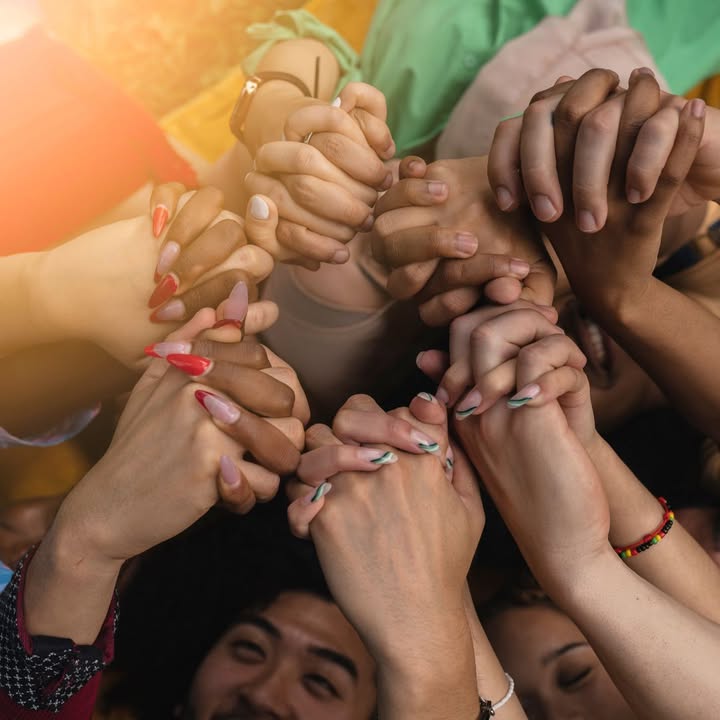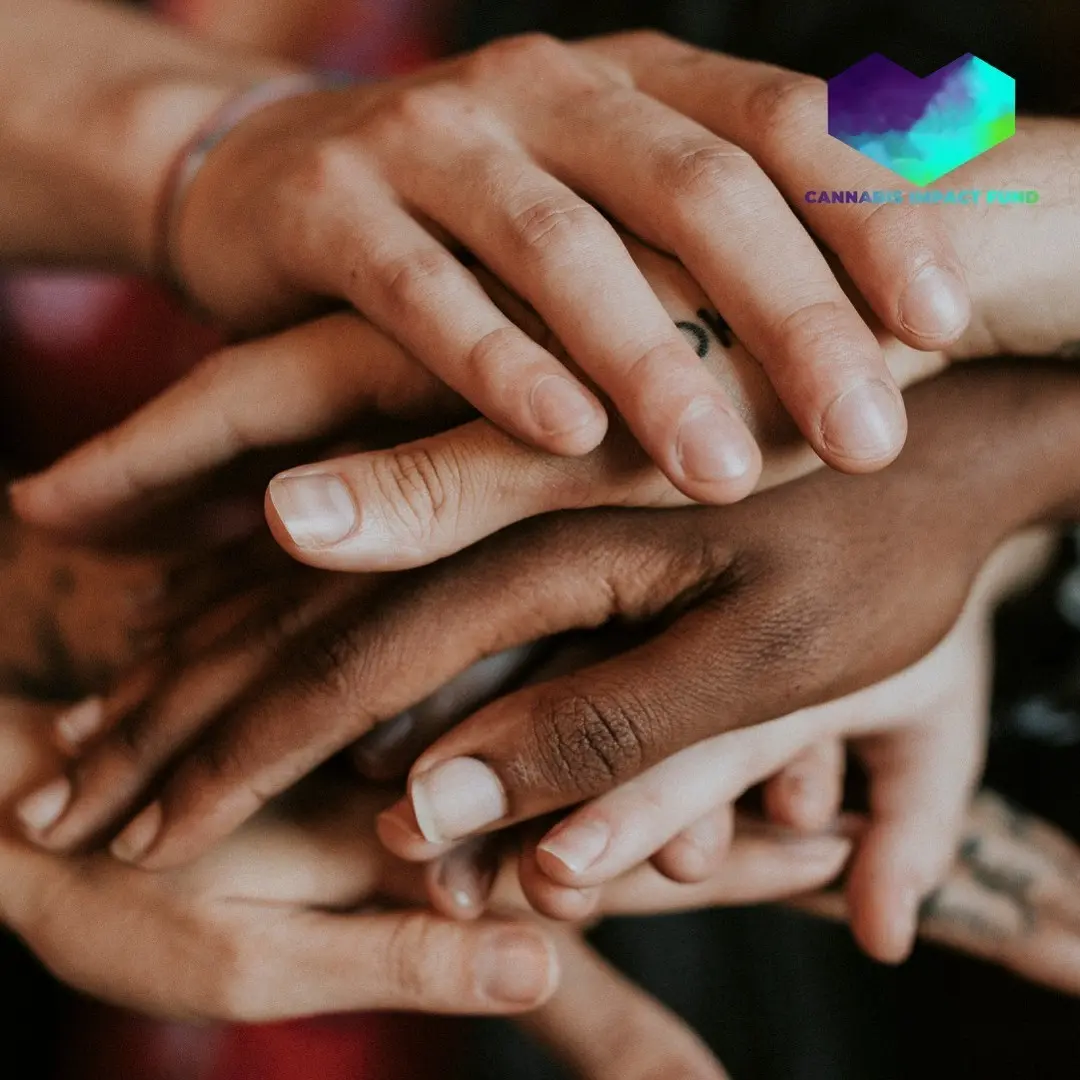By Frederika Easley, Executive Director of the Cannabis Impact Fund
More often than not, hiring is handled like making a new friend. Sure, resumes are reviewed and standard questions are asked but people in the driver’s seat are looking for a piece of themselves in you. Do you remind them of a younger version, a child, grandchild, mentee? Ultimately they are in search of a connection. This search or seeking can be both conscious and/or unconscious. According to the piece 13 Common Hiring Biases To Watch Out For there are a number of biases that apply: the halo effect, similarity attraction bias and affinity and intuition bias. According to a Pew Research Center analysis, white majority-owned businesses made up the greatest share of classifiable firms (85%) and their revenue (93%) in 2021. Majority Black-owned businesses made up only 3% of all U.S. firms and they accounted for just 1% of gross revenue. Specifically in the cannabis industry, a 2017 report from Marijuana Business Daily reported 81% of American cannabis business owners and founders being white. And this is not surprising. The cannabis industry is but a microcosm of our larger capitalist system. And herein lies the problem and origin of the need for diversity, equity and inclusion (DEI).
Affirmative Action Origin
DEI is a by-product of affirmative action, which is a term first introduced by former President JFK in 1961 during the Civil Rights Movement. A time when the color of one’s skin was the first and often primary hindrance of forward movement and the granting of opportunities. Since that time, the scope has expanded to include gender, age, sexual orientation, disabilities and other factors of identification. But it’s important to note that its origin, philosophically, included the want to address compensation for past discrimination, correction of current discrimination and the diversification of society.
History of DEI
The term diversity, equity and inclusion came to life in the 1980s as a response to President Regan seeking to dismantle affirmative action practices and policies. The argument that a diverse workforce should be seen as a competitive advantage rather than just as a legal constraint was born. The message was, do not promote diversity because it is a legal mandate, do it because it is good for business.
However, affirmative action in practice would eventually become synonymous with preferences, goals and quotas. DEI has been bastardized and become a buzz term. More often than not established committees or departments are filled with people from marginalized communities tasked to address their own harms, the minimum is done due to a lack of or improper budgeting and/or there is simply inaction. The pollution of these efforts shows itself in the lack of accountability, the lack of budgetary support, the lack of tangible planning and action.
The Awakening
In 2020 we saw a quick change of tide. With a pandemic to hold us hostage (in some states and for some of us because some of y’all were still going to house parties) and in the aftermath of horrific losses of George Floyd and Breonna Taylor, America was forced to look in the mirror and face facts. Money was donated, boycotts were planned, petitions were signed, departments were created, C-Suite demographics changed. Four years later we are in the midst of a regression. DEI departments are disappearing, donations to nonprofits are drying up, especially for programmatic initiatives, and in the precious state that I live in, Texas, DEI has outright been made illegal at the collegiate level and the plan is to expand the scope. The message being sent is that this work, the people it impacts, the effort needed to address the deficiency of having decision making tables that do not reflect the society we live in, is not of high value.
Present Day
Here we go again. Have you heard of Project 2025? It is the conservative roadmap created by the Heritage Foundation that was front and center in this past election cycle. It doesn’t speak to cannabis policy specifically but we know the think tank’s position has regarded cannabis as a gateway. An increase in law enforcement power is being called for, an attack on “woke” ideology aka DEI efforts/initiatives is being waged and the transitioning of independent agencies, like the Federal Trade Commission, to be under presidential power is being proposed. This is important because Trump reportedly adopted 64% of the Heritage Foundation’s agenda during his previous tenure. So, even with Trump’s mentions of cannabis while campaigning, one must wonder and anticipate unfavorable outcomes such as additional policing and the continued squeeze of small owned businesses and diverse ownership.
In cannabis we have a burgeoning industry that is being built on the backs of a legacy market that had been tested and proven for profitability through decades of disparately applied tactics during the war on drugs to Black, LatinX and Indigenous communities which include asset forfeiture, policing and sentencing. There are people right now, as profits are being generated and business acumen is being celebrated, behind bars for the very same thing.
This is not new, throughout history advancements have been made at the disregard or harm of marginalized communities and people. The Tuskegee Experiment, Henrietta Lacks, the exploitation of Black female bodies by James Sims which birthed modern OB-GYN practices, the 1990s genetic etiology of aggressive behavior testing specifically done with Black boys as sole subjects are a few well known examples that come to mind, and these are just in the health field. Pick a different area and we can build a list of exploits for it too.
We are experiencing a shift and our systems and industries should reflect that. The US census reported in 2020 that the white population was at 57.8%, a decline from 63.7% in the previous decade. BIPOC numbers are increasing but we’re not necessarily seeing this reflected in our political leadership. Pew Research reports that Non-Hispanic White Americans account for 75% of voting members in the new Congress, considerably more than their share of the U.S. population. This means that a lot of decisions are being made by people who may not hold authentic understandings of the public.
But we’ve been here before. We are at another inflection point where people power is a must. The power of our dollars and where we choose to spend them will be our flex! We must hold businesses accountable and push them to claim a side. Silence will be viewed as a declaration. We can not afford a hands off approach. The question is are you for people and progress or simply your bottom line? The good thing is employing equitable business practices is the right thing to do and a sound investment. As the Executive Director of the Cannabis Impact Fund, I welcome opportunities to educate and empower the cannabis industry to be equitable so businesses and communities can thrive through anti-racism training, equity assessments and strategic partnerships! Truly the success and sustainability of the regulated cannabis industry depends on it. So, are you down?
About Frederika Easley
Frederika Easley is the Executive Director of Cannabis Impact Fund, producer and host of The People Are Blunt podcast and Vice President of Minority Cannabis Business Association. Her drive lies in creating equitable spaces globally and she has nearly 20 years working within mission driven initiatives.


